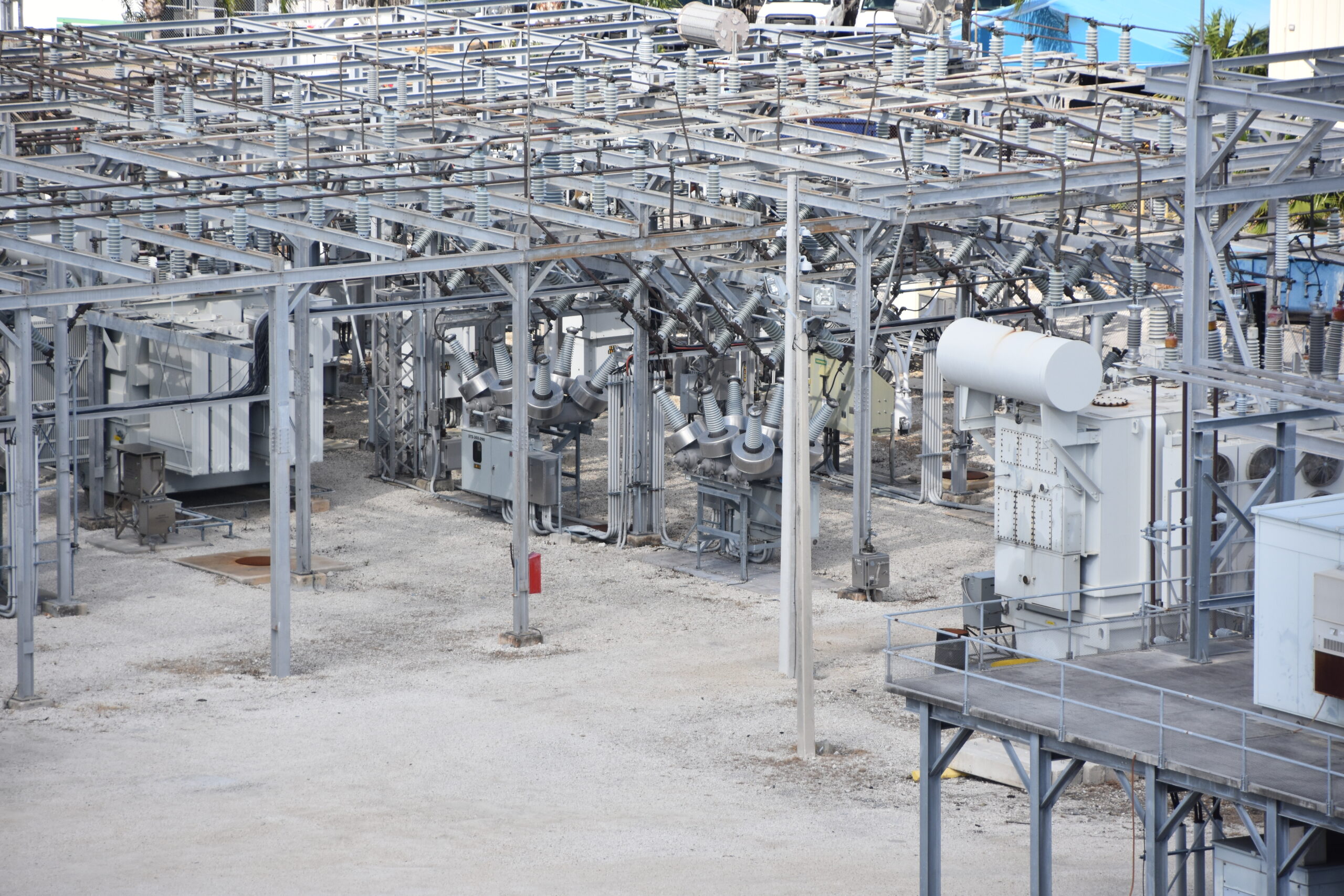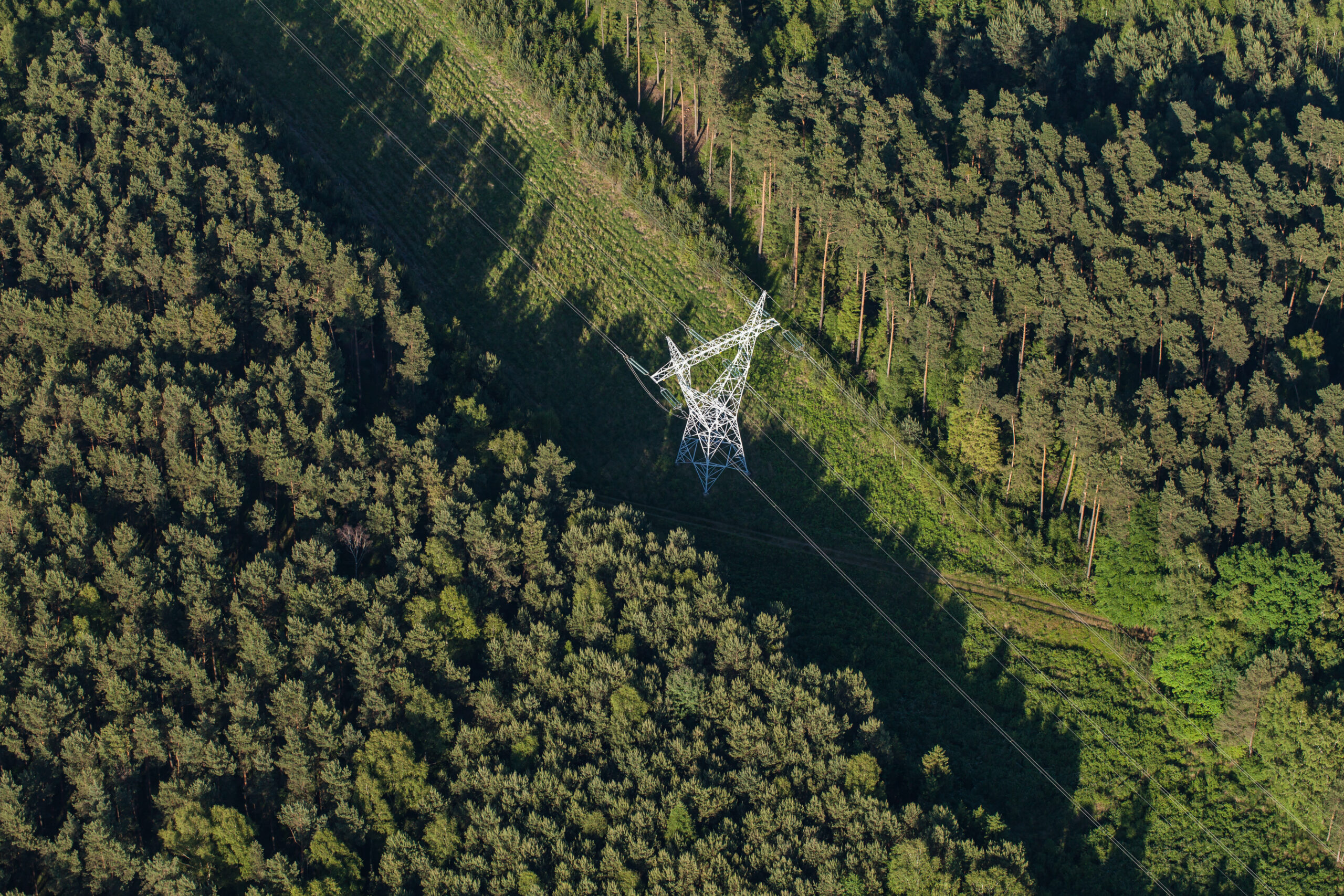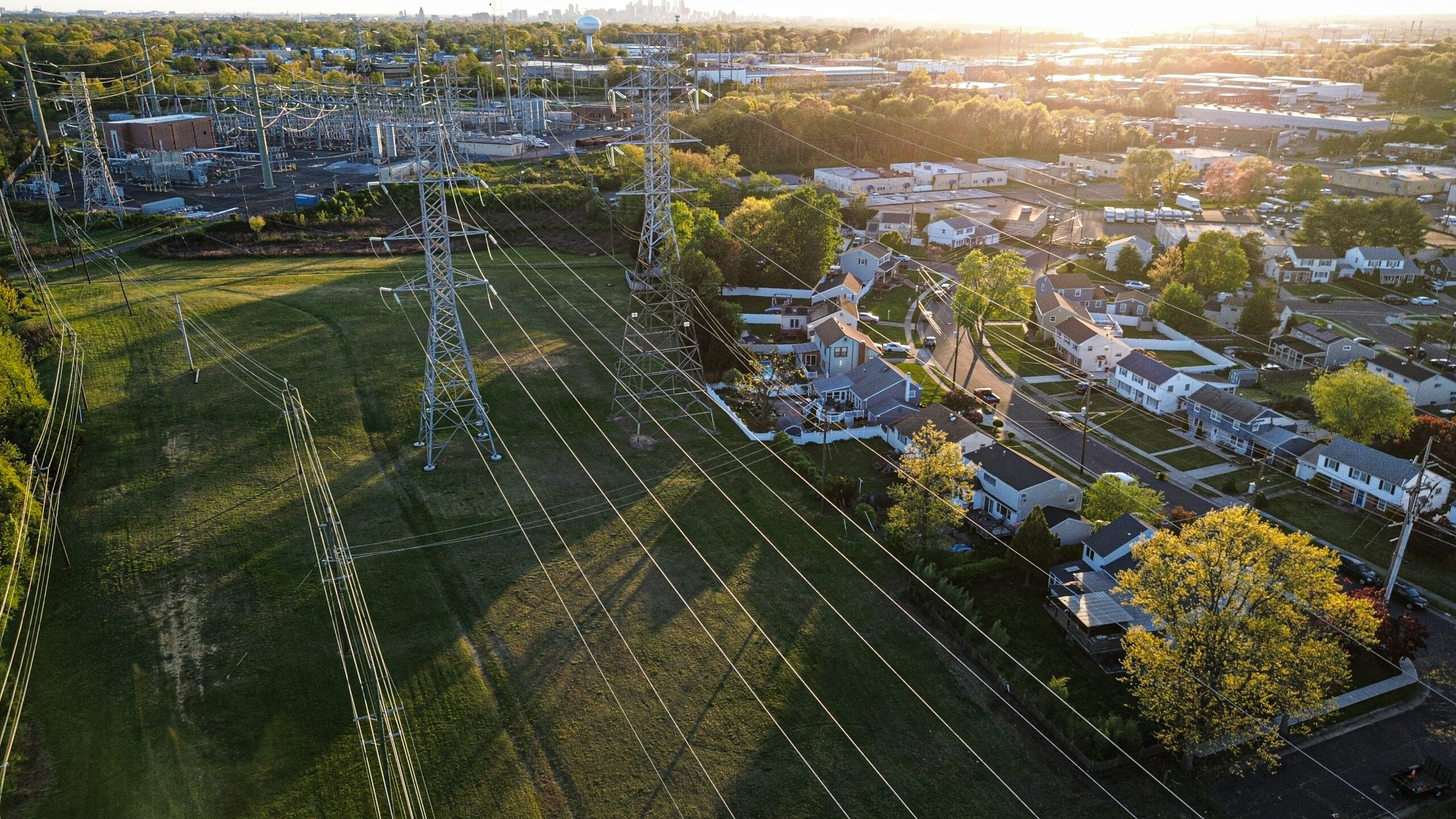Sharing what we’ve learned
TRC experts share their thoughts and insights on the trends and challenges impacting their markets.
Search by

Insights
The Transformative Benefits of 3D Facility Mapping for Utilities
June 26, 2025Discover how modern 3D facility mapping empowers utilities to modernize infrastructure, improve asset management, and enable remote workflows with accurate digital twins, delivering cost savings and operational efficiency.
0 results
That’s all!










